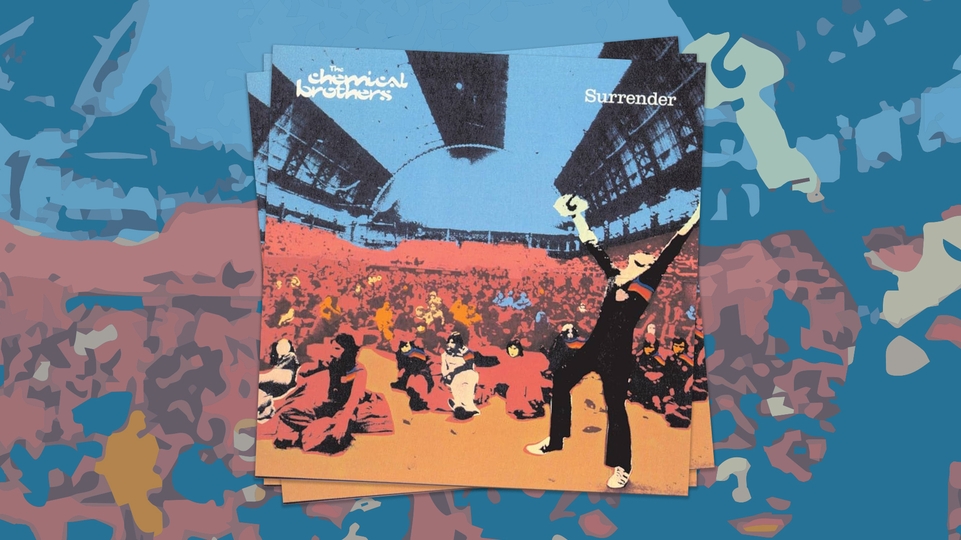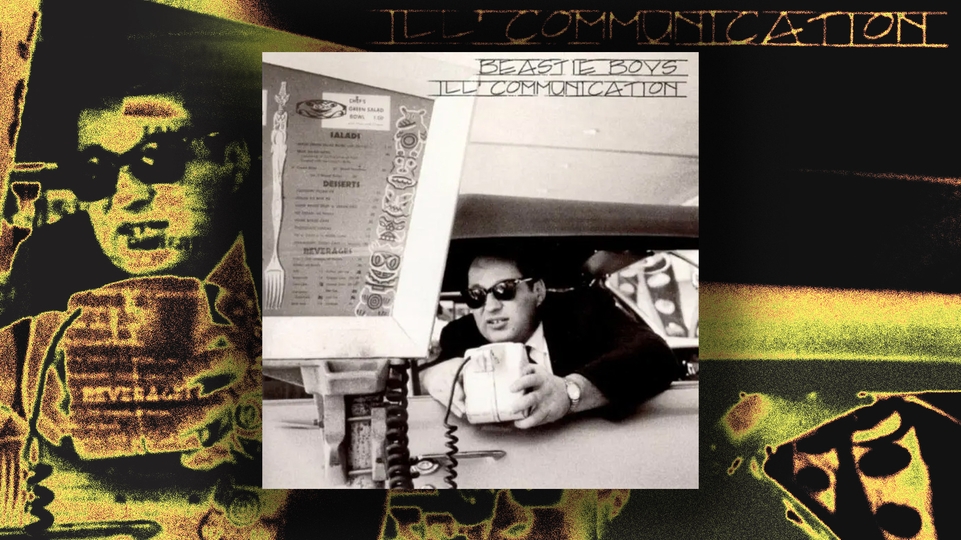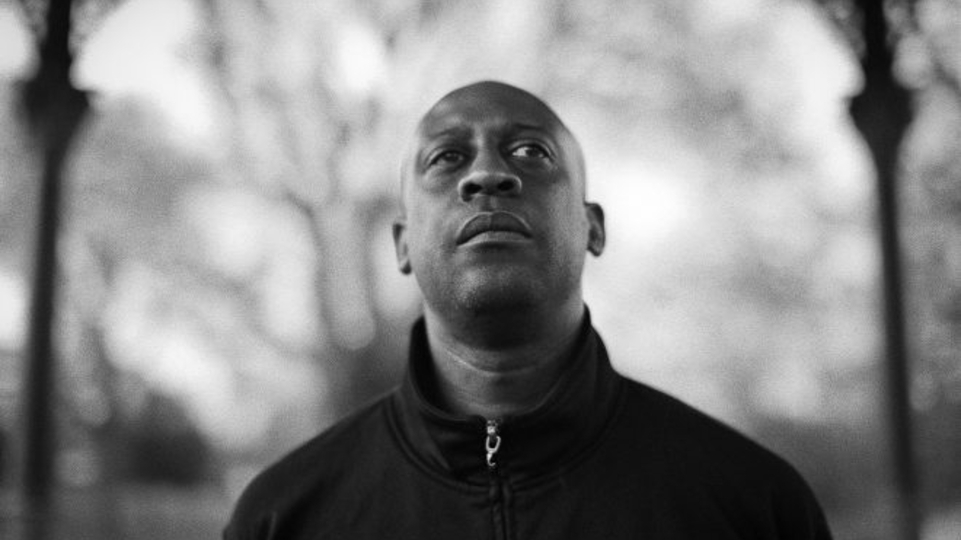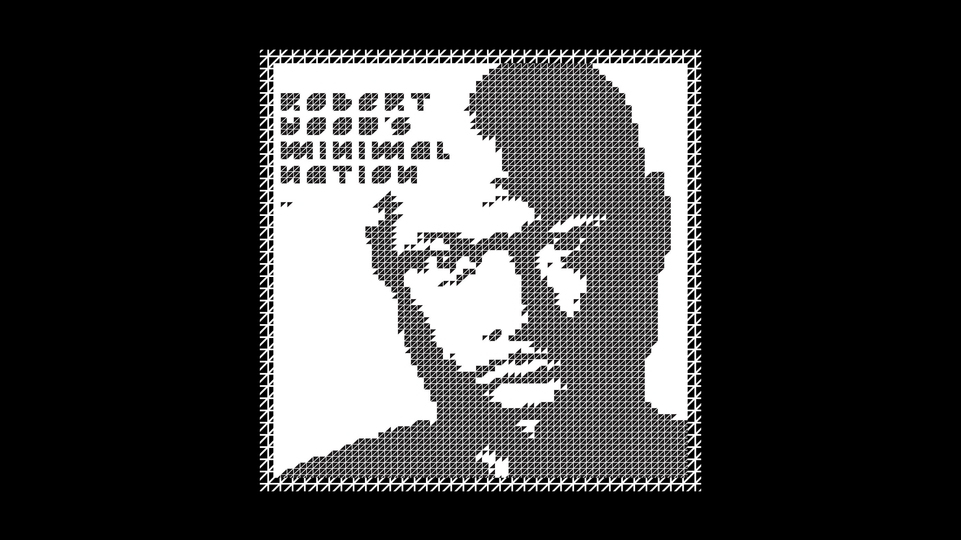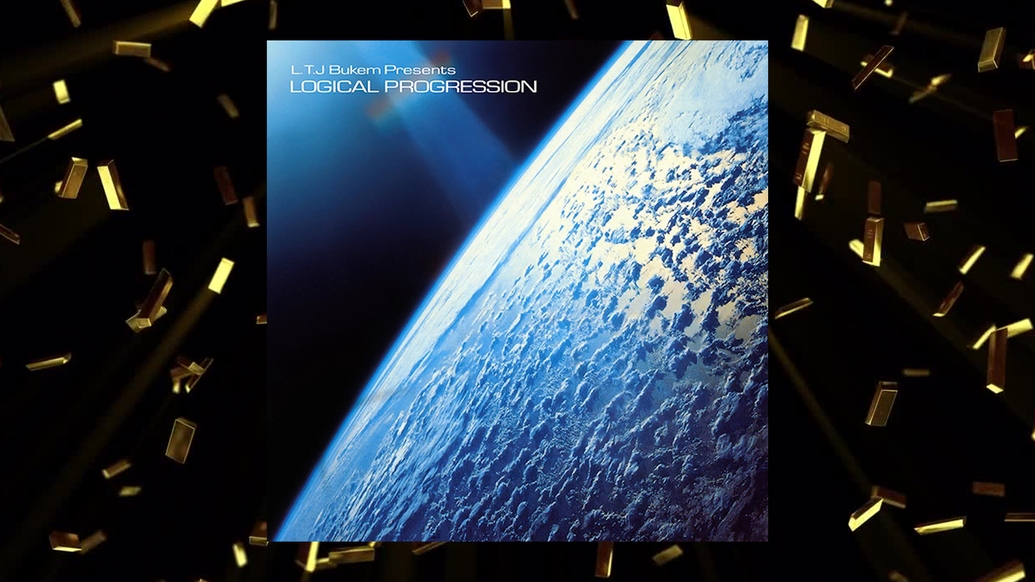
How LTJ Bukem's 'Logical Progression' expressed his unique vision for drum & bass
Mixing elements of jazz and ambient with drum & bass, LTJ Bukem’s now-classic 1996 release via Good Looking Records was a statement of intent, and remains one of the genre's most fulfilling and impactful releases to this day
For many music fans in the 1990s, their immersion into jungle and drum & bass started not with Goldie’s celebrated ‘Timeless’ or Roni Size / Reprazent’s prize-winning ‘New Forms’, but with ‘Logical Progression’, a 1996 compilation mixed by LTJ Bukem, a DJ and producer who has perhaps done more than anyone to take drum & bass out of the nightclubs and into our headphones.
Bukem, a jazz-funk fan from Watford, released his debut (and so far only) artist album in 2000, but ‘Logical Progression’ was his master stroke. The 20-track compilation perfectly outlined his vision for drum & bass; it's a jazzy and elegant set that you can move your legs to, but just as easily listen to while watching clouds drift by.
Just selecting and mixing this epochal album would have been a massive achievement for Bukem, who had by this point been active as a DJ in the rave / hardcore / drum & bass scene for more than half a decade; the release was a calling card for one of the most characterful DJs on the circuit. But he did more than that: Bukem produced four of the album’s 20 tracks — arguably the four best cuts — and had released many of its other key songs on his Good Looking label. ‘Logical Progression’ was, in many ways, both the inevitable result and the unbeatable peak of everything Bukem had been working toward since he made his recorded debut in 1991 – a work of genuine innovation that was perfectly judged.
‘Logical Progression’ (not to be confused with ‘Logical Progression Level 1’, a 2001 compilation that is now far more widely available) is often cited for its role in what came to be called "intelligent drum & bass", a genuinely loathsome term that insults the sophisticated production techniques of early jungle records. A more accurate term might be "ambient drum & bass", given the way the album’s melodic elements float above the hard-hitting drums. Even the bass seems airborne on this compilation, with bombs of pulsating low-end elevating the mix to the cloudy stratosphere.
It was this, perhaps, that gave ‘Logical Progression’ its reputation as a home-listening album. Live, LTJ Bukem is one of the most punishingly loud DJs you’re likely to hear. But on record — and perhaps more tellingly on CD, where this album sold a lot of copies — the mix works as a kind of propulsive chillout, its soft curves and airy chords not a million miles away from Brian Eno’s vision for ambient as a musical genre that allows both total immersion and distracted half-listening.
Consider, for example, the dreamy synth squiggles and submerged vocal on Seba & Lotek’s ‘So Long’, which envelope the clattering break like candy floss around a wooden stick; the effect is like listening to drum & bass while immersed in the clouds. Bukem’s own ‘Coolin’ Out’ has the honeyed synth glide of Manuel Göttsching’s proto-chillout classic ‘E2-E4’, while his 1992 production ‘Demon’s Theme’ employs the Fourth World vibe of rave’s Second Summer of Love, right down to the loon-call samples and ethereal synth sweeps.

“The mix works as a kind of propulsive chillout, its soft curves and airy chords not a million miles away from Brian Eno’s vision for ambient as a musical genre that allows both total immersion, and distracted half-listening.”
Bukem and his cohorts were also among the first producers to introduce jazz to drum & bass, and there is a strong jazz theme running through ‘Logical Progression’. Ils & Solo’s ‘Solutions’ has a haunting sax riff at its heart, while Photek’s ‘Pharaoh’, which would later be known as ‘Rings Around Saturn', slinks artfully around a sample from the late Pharoah Sanders’ cosmic-jazz classic ‘Astral Traveling’.
Bukem himself is a big fan of jazz. In a rare interview with Drum & Bass Arena, he spoke of Herbie Hancock, Lonnie Liston Smith, and Curtis Mayfield as “real legends” who inspired “the whole electronic music scene.” Bukem also had musical training, learning drums and piano from an early age. A lot of early jungle and hardcore was all about putting together elements that really shouldn't fit together, in sound and key, and revelling in the unique results; it’s one of the things that makes the music so exciting. Bukem’s instrumental background meant that the various elements of his music did tend to fit together melodically, which made it a bit easier on the ear than a lot of drum & bass at the time.
Nonetheless, for all of the elegance of the music on ‘Logical Progression', for all of its gilded edges and jazzy refinement, it's rarely soft and never bland. The percussion in drum & bass is, logically, a key element to the music, and Bukem’s drums — in songs like the classics ‘Music’ and ‘Horizons’ — have an incredible snap to them. His own rhythms tend to be fairly straightforward, at least in drum & bass terms, but Photek’s two appearances on the release — ‘Pharaoh’ and ‘Bringing Me Down’ (as Aquarius, with Tayla) — go right to the other edge of the spectrum, the breaks almost impossibly complex in their radical recomposition.
You wouldn’t mistake a Photek track for a Bukem one, but they sit together well on ‘Logical Progression’, a mix that brings together the music of 17 different artists in one brilliantly cohesive bundle. The record is reminiscent, in a strange way, of those classic, guest-filled hip-hop albums, for the way in which it shows you the skills of Bukem’s tight-knit musical posse.
MC Conrad, who lends his vocals to his own remix of PFM’s ‘Western’, is a classic example of this fraternity, having worked consistently with Bukem since 1991. The song is an intriguing rarity in that it features a drum & bass MC providing vocals as they might do in a sweaty club, bringing a studio sheen to a rarely recorded vocal style.
PFM was a mainstay of Bukem’s Good Looking Records and its sub-label Looking Good, alongside Axis, Seba and Tayla, while producers like Photek and Peshay both recorded more than one 12-inch for Good Looking. ‘Logical Progression’ also features a couple of fascinating, perhaps unexpected, names in its tracklist. Chameleon, whose ‘Links’ is an early highlight, are none other than ambient boffins Global Communication under a one-off name, while Belgian new beat pioneer Frank De Wulf appears as F.Dewolf, albeit remixed by Wax Doctor.

“‘Logical Progression’ is about Bukem’s unique vision for drum & bass, mixing jazz, ambience, and the finest beats, and how he brought together a musical family to support him in this quest.”
All this underlines the impression that ‘Logical Progression’ was a hugely personal record for Bukem. The presence of his own ‘Demon’s Theme', ‘Music’ and ‘Horizons’ (and, to a lesser extent, ‘Coolin’ Out’) makes the album something of a de facto greatest hits, while his extended Good Looking family step up to the plate with some of the label’s very best songs, like PFM’s classic ‘One & Only.’ PFM even provides a personal nod to Bukem on ‘Danny’s Song’, a reference to the DJ’s real name, Daniel Williamson.
The mixing on this album is fine: never flashy, always tight. But ‘Logical Progression’ isn’t really about that. It’s a DJ mix, sure. But ‘Logical Progression’ (also the name of the first track Bukem ever produced) is more about Bukem’s unique vision for drum & bass, mixing jazz, ambience, and the finest beats, and how he brought together a musical family to support him in this quest.
“At the time, it [‘Logical Progression’] just sent out a statement of intent that I wanted to represent,” Bukem told Smart Shanghai in 2010. “And I’ve heard so many stories from people around the world about how that mix affected them. ‘We’ve made a baby to your album,’ or mad things like this. It has had a massive impact on people.” May it long continue to do so.

